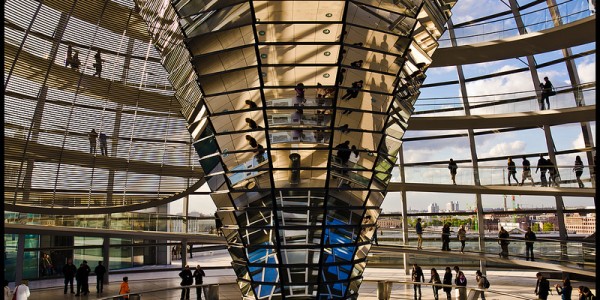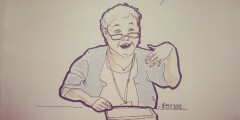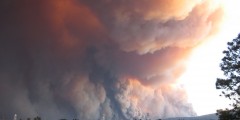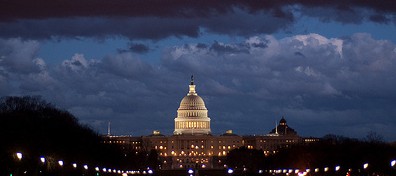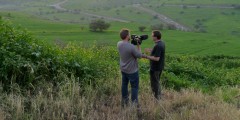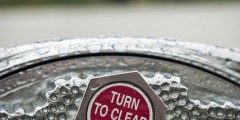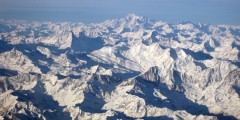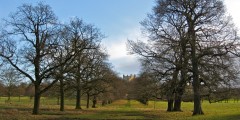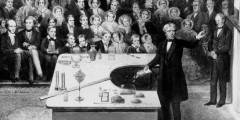Call For Papers: Making Expertise Public panel at #SIP13 & #IPA2013
February 12, 2013
UPDATE: deadline extended to March 5th. We warmly invite papers to our Making Science Public panel Making Expertise Public: Dilemmas, Conflicts and Controversies, being held at the Interpretive Policy Analysis conference in Vienna (July 3rd-5th). The panel is co-chaired by Sujatha Raman (Deputy Director of Making Science Public), Warren Pearce and Judith Tsouvalis (Making Science Public Research Fellows). Abstracts are invited …
Ulrike Felt: Science as a ‘Public Good’ in Search of a ‘Good Public’
February 7, 2013
With only four days to go to the Making Science Public launch event next Monday, February 11th, we are providing a taster of our keynote speech from Professor Ulrike Felt, Professor and Head of the Department of Social Studies of Science at the University of Vienna. We have fewer than ten places left for the …
Making Science Public: a route to better evidence?
February 6, 2013
Co-authored post with Dr. Sujatha Raman, Deputy Director of Making Science Public. The role of scientific evidence within policy is one of the most vexed issues within politics and public administration. Often such evidence is complex, translated to the public via the media and subsequently used to justify particular policy actions or seen to be …
Extreme weather events, climate change and the media
January 30, 2013
I am not a scientist. I am a media analyst of sorts. I therefore cannot check the veracity of scientific statements that establish a link between climate change and an increase in frequency of extreme weather events or scientific statements that dispute such a link. I also find it difficult to assess what climate is, …
Weather 1, Climategate 0
January 25, 2013
A short post sparked by this new paper linking public ‘belief’ in climate change with the weather conditions at the time they were polled (£). From the abstract: Belief that humans are changing the climate is predicted by temperature anomalies on the interview and previous day, controlling for season, survey and individual characteristics. Or, as David …
Bringing science to life: Brady Haran’s approach to science communication
January 22, 2013
I have been following Brady Haran’s work as a science video journalist here at the University of Nottingham since its beginning in 2008. We have had many chats about his ethos and his practice of communicating science. Today I went to a talk by Brady that brought this ethos to life for me, an ethos …
Public remaking science? Seeing Sandy, science and climate change
January 13, 2013
I wrote just after Hurricane Sandy about the tussle between literalism and lucidity in linking the disaster to climate change, contrasting the careful language used by some academics with the ‘tabloid’ simplification of publications such as Bloomberg Businessweek. Since writing that post, some data has emerged potentially shedding more light on these rather muddy waters. …
What is science communication? Reflecting on one fall-out from the Cox/Ince debate
January 7, 2013
Just before Christmas 2012 Brian Cox and Robin Ince published an editorial in the New Statesman entitled ‘Politicians must not elevate mere opinion over science’, which provoked a lively debate on twitter, in blogs and in the Guardian about the relation between science and politics, the function of the history and philosophy of science, the …
Making thoughts public: One year on
December 31, 2012
This is the end of the year and a time for reflection. I have now been blogging for just under a year and, looking back, this has been quite a learning curve, about blogging, myself, and the various topics I have blogged about. At first I had been rather reluctant to take up blogging and …
Royal Institution Christmas Lectures: Some family memories
December 24, 2012
It will soon be time for our family to sit down and watch the Royal Institution Christmas Lectures. This is a ritual that is almost as important as Christmas itself. When I came to Oxford in 1985 from Germany, having studied French and philosophy. I had never heard of the Christmas lectures and ‘science’ was …

